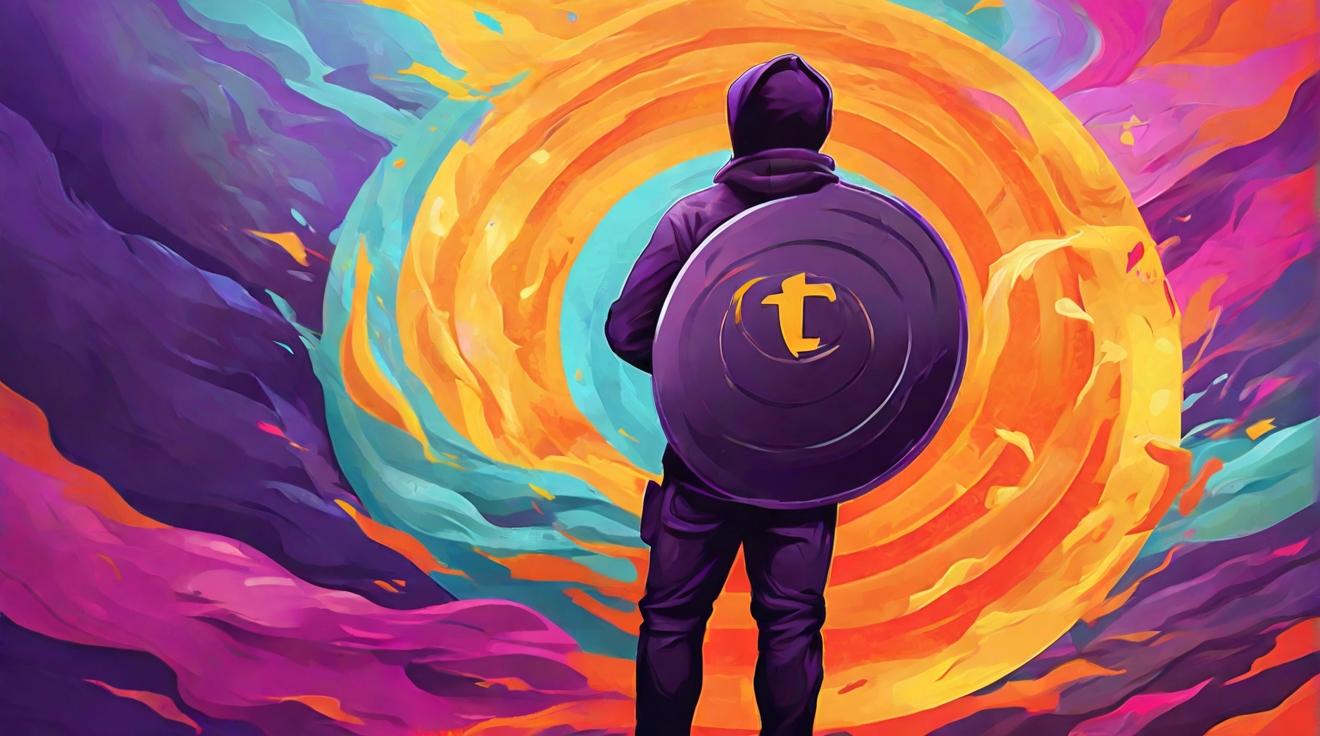Understanding the Metaverse: Where Virtual and Actual Worlds Collide
The concept of the metaverse has transitioned from the realm of science fiction to the rapidly advancing field of technology, reshaping our interactions with the digital world. The metaverse is not some distant utopia; it is a dynamic space where virtual and actual worlds converge. With the fusion of the internet, augmented reality, and virtual and physical realities, a shared virtual environment is created, allowing users to engage with real-time computer-generated environments and interact with other users.
Unveiling Virtual Reality: A Journey Beyond the Ordinary
At the core of the metaverse experience lies virtual reality (VR), which transports users beyond the boundaries of the physical world. By wearing a VR headset, individuals can explore, create, and interact within three-dimensional computer-generated environments. From gaming to education, healthcare, and business, VR has expanding applications across various sectors. It revolutionizes the way we engage with technology by offering immersive experiences that go beyond the ordinary.
Revolutionizing Work and Play: Applications of Virtual Reality
The gaming industry has been at the forefront of embracing VR technology, paving the way for immersive gaming experiences where users can delve into virtual environments and interact with objects in unprecedented ways. Beyond gaming, virtual reality is transforming education. Students can now engage in immersive learning environments, exploring historical events, dissecting virtual species, and even visiting uncharted worlds. The business sector is also leveraging VR for training programs, remote collaboration, and virtual meetings, eradicating the barriers posed by physical distances.
Creating Virtual Communities: The Social Interactions of the Metaverse
One of the defining features of the metaverse is its ability to foster social connections in virtual settings. Users can create digital personas and engage with others in public spaces. Virtual conferences, concerts, and social events are becoming increasingly common, breaking down geographical barriers and fostering a sense of global connection. Digital avatars play a crucial role in this, allowing for personalization and self-expression in the virtual world. Additionally, virtual economies within the metaverse enable users to buy, sell, and trade virtual products and services, often utilizing blockchain technology.
Navigating the Challenges: Privacy, Security, and Addiction in the Metaverse
As we venture further into the metaverse and virtual reality, it is crucial to address the challenges and ethical concerns that arise. Data privacy and the extent of surveillance within the metaverse are important considerations, as finding a balance between personalized experiences and user privacy protection is a complex task. Ensuring the security of virtual environments is equally critical, as VR becomes an integral part of our daily lives. Moreover, the immersive nature of VR experiences raises concerns about addiction, emphasizing the need to maintain a healthy balance between the metaverse and the physical world.
Embracing the Digital Odyssey: The Future of the Metaverse
We find ourselves at the beginning of the metaverse era, with endless possibilities and uncharted territories ahead. As VR hardware becomes more accessible and affordable, more individuals will have the opportunity to access the metaverse and experience its immersive capabilities. The integration of artificial intelligence (AI) will further shape the metaverse, enhancing user experiences and constructing dynamic virtual worlds. Collaboration among tech giants, startups, and creatives from various sectors is essential for the development of the metaverse. To navigate this digital odyssey, staying informed about new developments and cooperative initiatives is key. The metaverse is not merely a technological advancement; it is a cultural and societal movement that challenges us to reimagine our relationship with the digital realm. Let us embrace this opportunity, overcome the challenges, and build a metaverse that enhances our lives and fosters unprecedented connections.
For more insights and the latest developments in the metaverse and virtual reality, you can explore the following resources:
– Meta (formerly Facebook) Horizon Workrooms
– Oculus VR
– The Verge – Exploring the Metaverse
– VRScout – Virtual Reality News
Analyst comment
Positive news. The market for virtual reality (VR) and the metaverse is expected to grow as technology advances. VR has applications in gaming, education, healthcare, and business sectors. It revolutionizes the way we engage with technology and offers immersive experiences. Virtual communities and social interactions are flourishing, breaking down geographical barriers. Challenges include privacy, security, and addiction, but as hardware becomes more accessible and AI is integrated, the metaverse will continue to develop. Collaboration among tech giants, startups, and creatives is crucial for its success.













